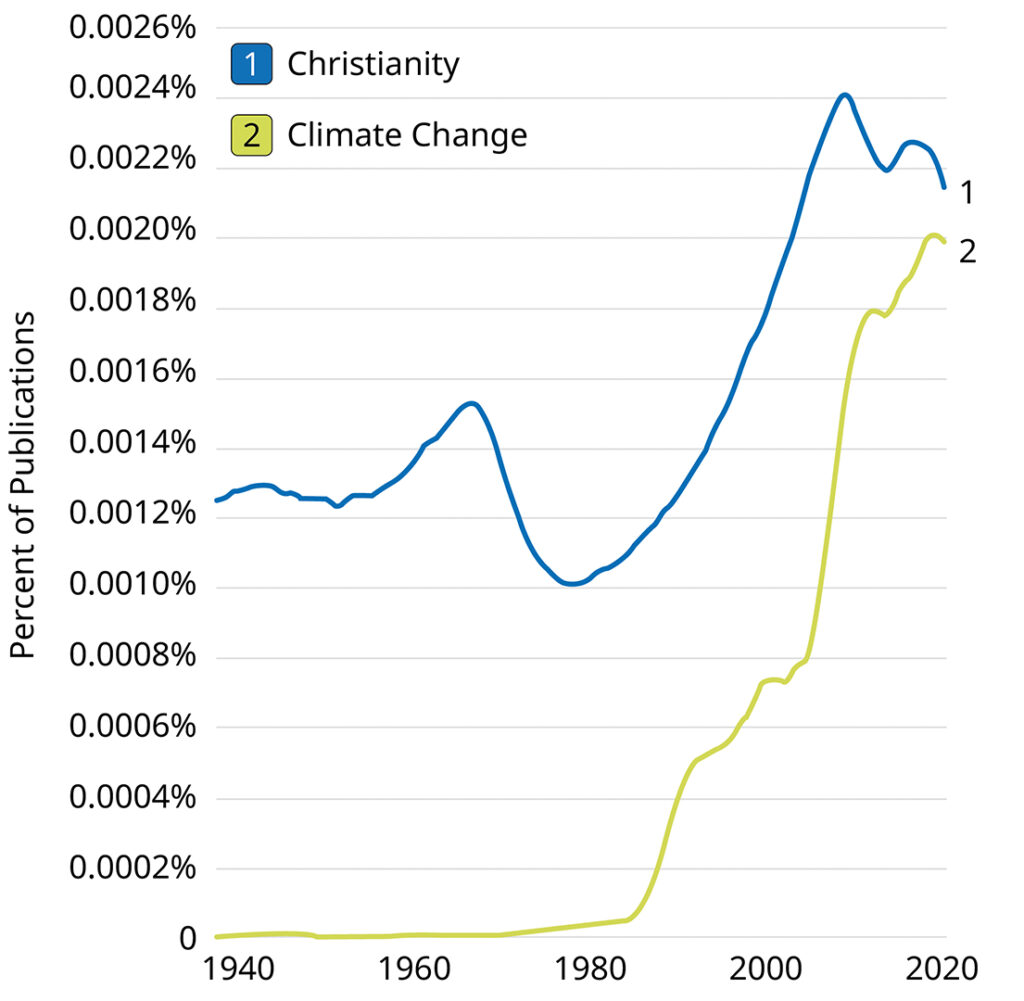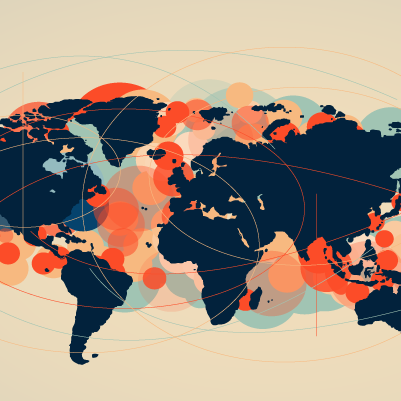Creation Care
Environmental Protection Index
Numbers shown are regional medians: 0 = Lowest Environmental Performance, 100 = Highest Environmental Performance. Environmental Performance Index uses 40 performance indicators measuring climate change performance, environmental health, and ecosystem vitality.
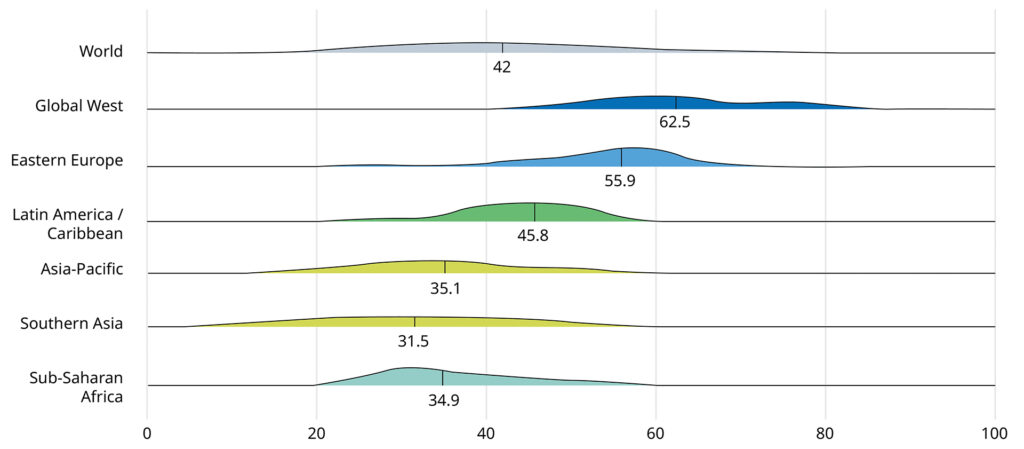
Climate Change Risk
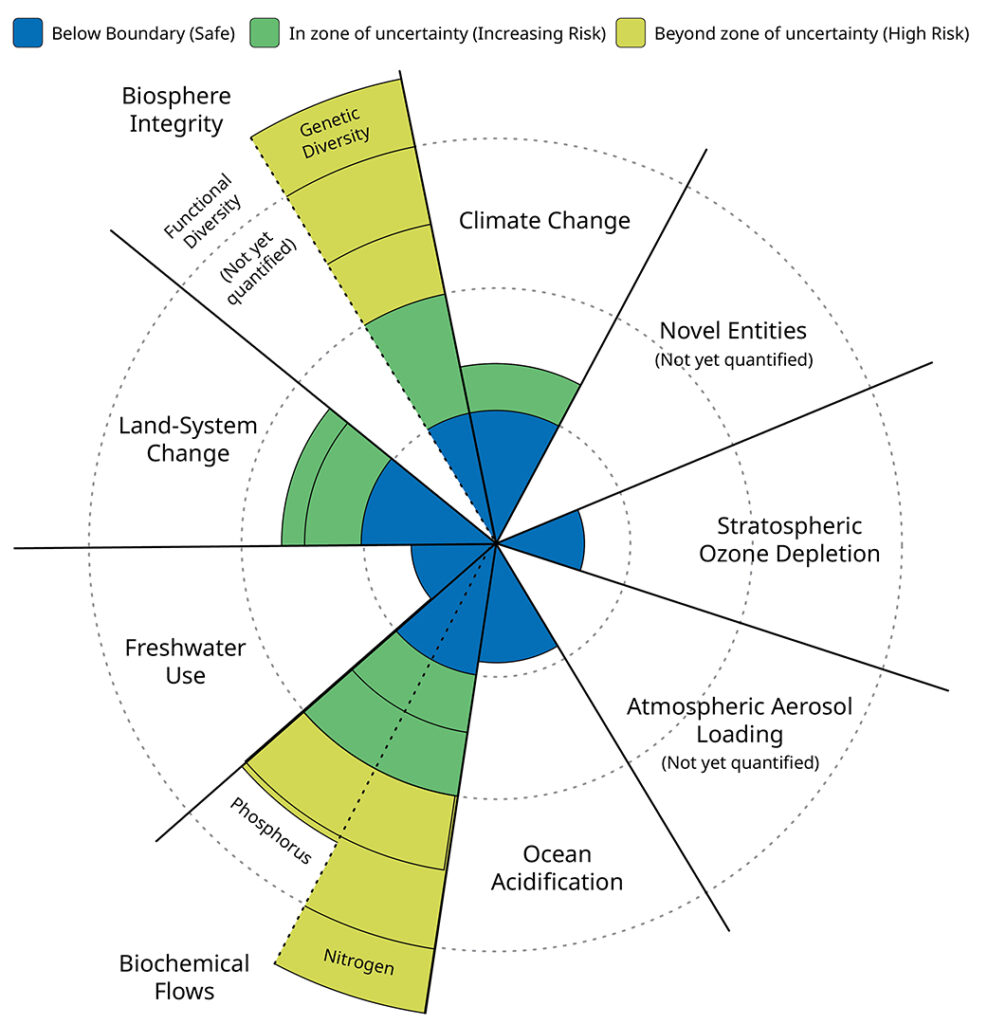
Global Sustainability
The Environmental Performance Index, and other environmental analysis, consistently show that wealthy democracies demonstrate a high commitment to all areas of sustainability. Denmark ranks the top-performing country on the EPI, with United Kingdom, Finland, and Malta ranking 2nd-4th.
The lowest scoring countries on the EPI include India, Myanmar, Vietnam, Bangladesh, and Pakistan due to prioritization of economic growth over sustainability, struggles with civil unrest, poverty, or ineffective governance.
Wealthy democracies demonstrate a high commitment to all areas of sustainability.
Sustainability efforts aim to steward God’s creation in its fullness. Analysis of the change in planetary boundaries since 1950 show high risk in areas of Biochemical Flows and Biosphere Integrity.
Public Belief That Climate Change Is An Emergency
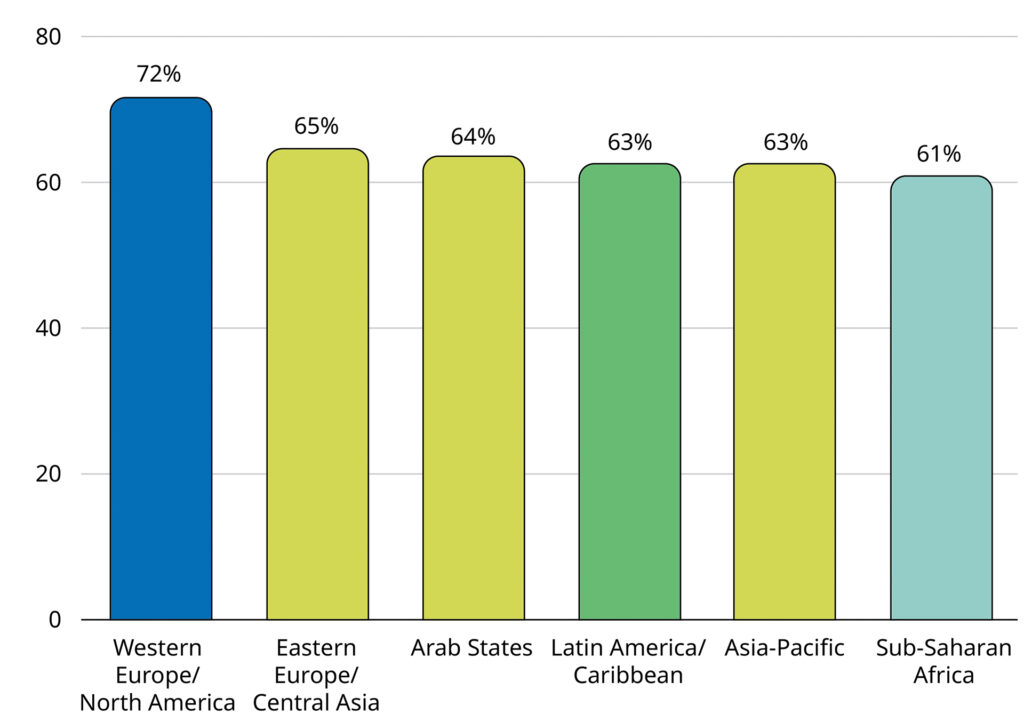
Climate Concern
Global attention to climate change has dramatically increased since the 1980s. In 2020, the global publication volume on climate change nearly matched the publication volume on Christianity.
When considering public beliefs, the global west holds the highest percentage of people (72 percent) who believe climate change is an emergency, with a smaller percentage of people in other regions believing that climate change is an emergency.
Similar trends appear when observing perceptions of generational impact of climate change, with the notable exception that a larger percentage of Latin Americans believing climate change will harm future generations.
Perception Of Generational Impact
% who think climate change will harm future generations “a great deal”
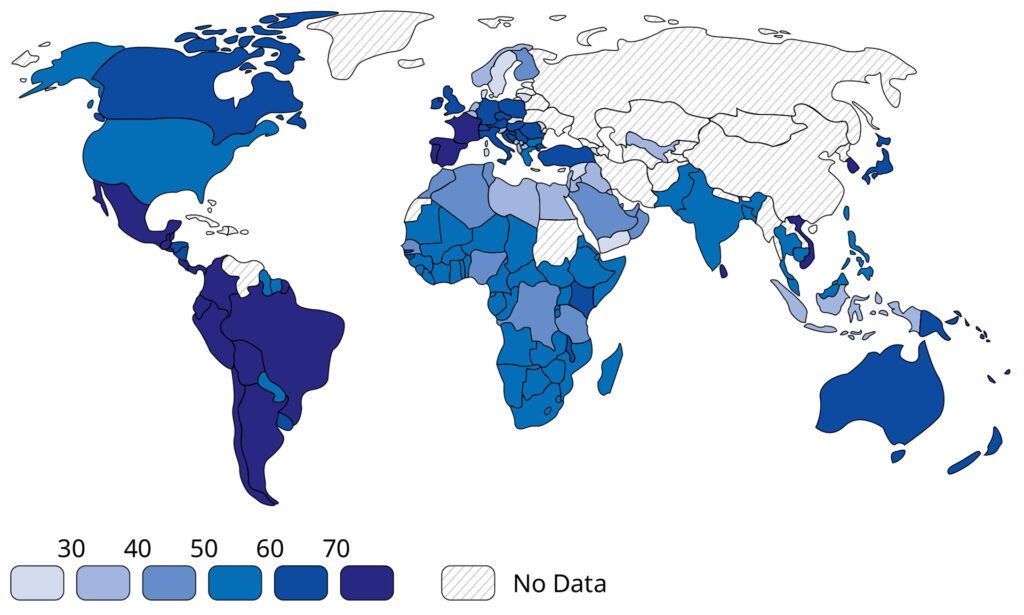
Perception Of Human Fault
% who think climate change is mostly caused by humans
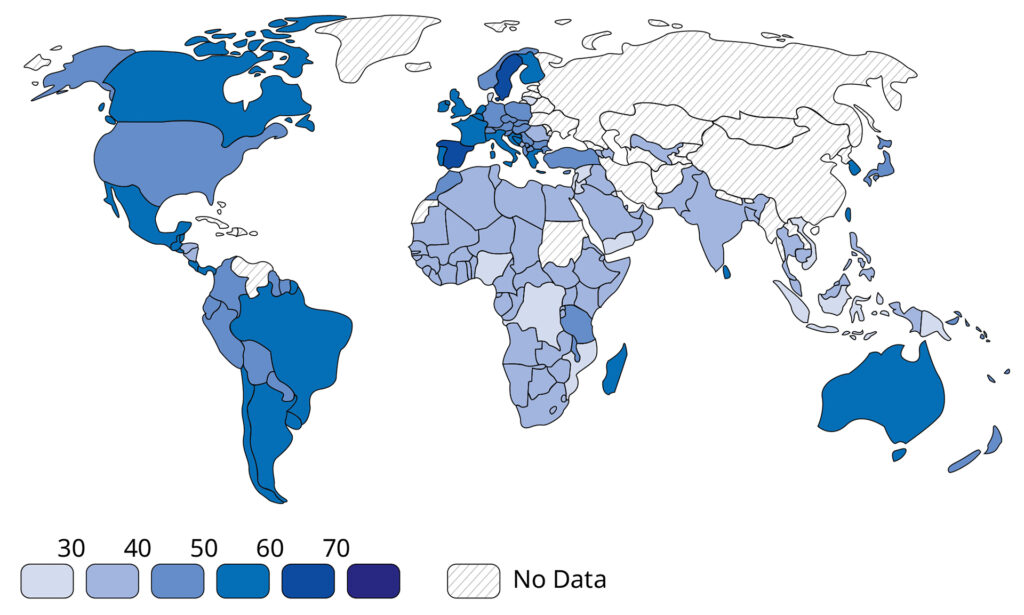
Human Fault
There is a clear increase in consideration of climate change globally, lead by the global west. However, when considering whether climate change is mostly caused by humans, from the Americas to Africa, the global percentage who hold this belief decreases. However, no matter the belief in cause, stewardship of God’s creation is a clear biblical command and an integral part of what it means to follow Jesus as Lord.
Global Publication Volume
